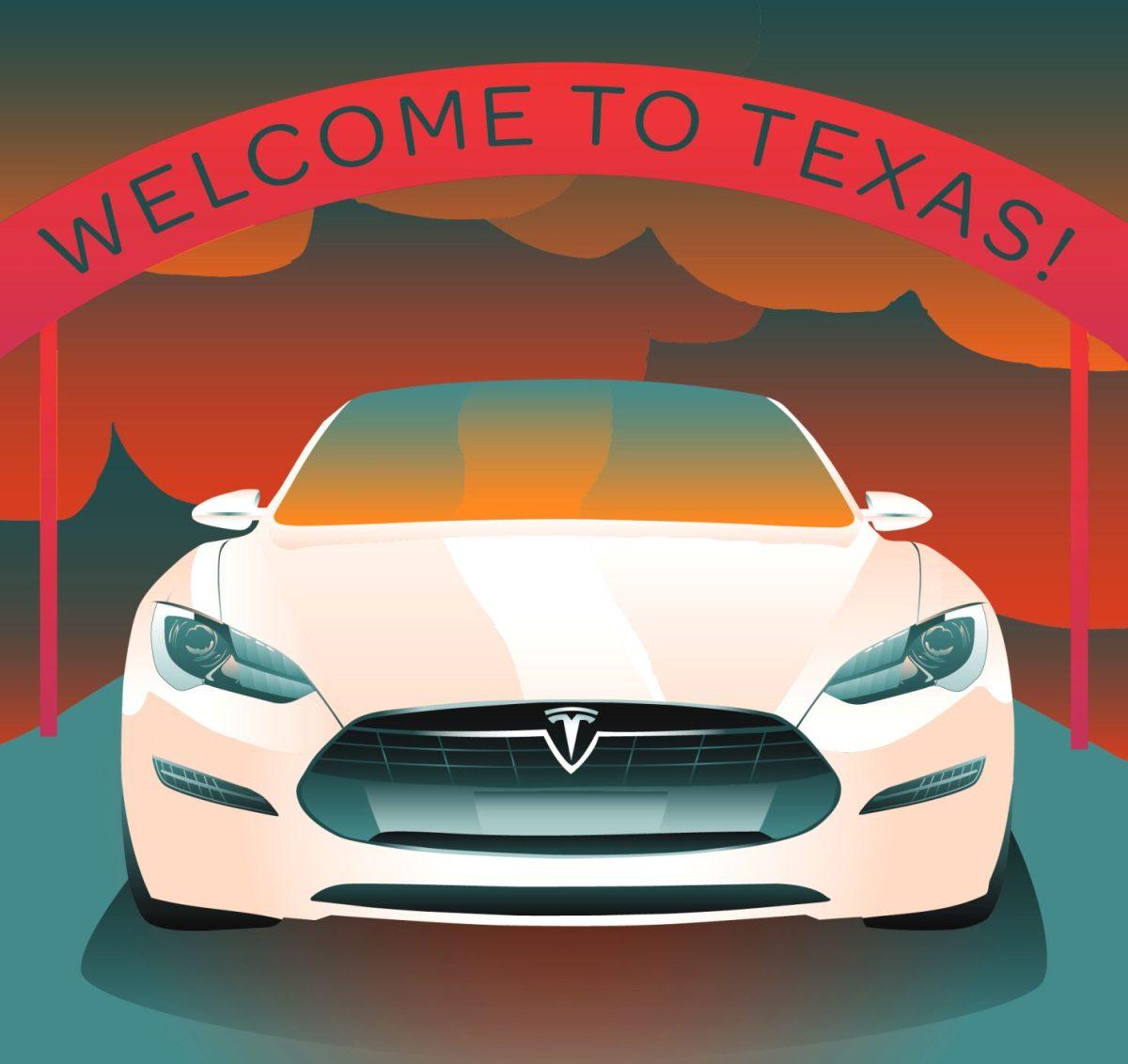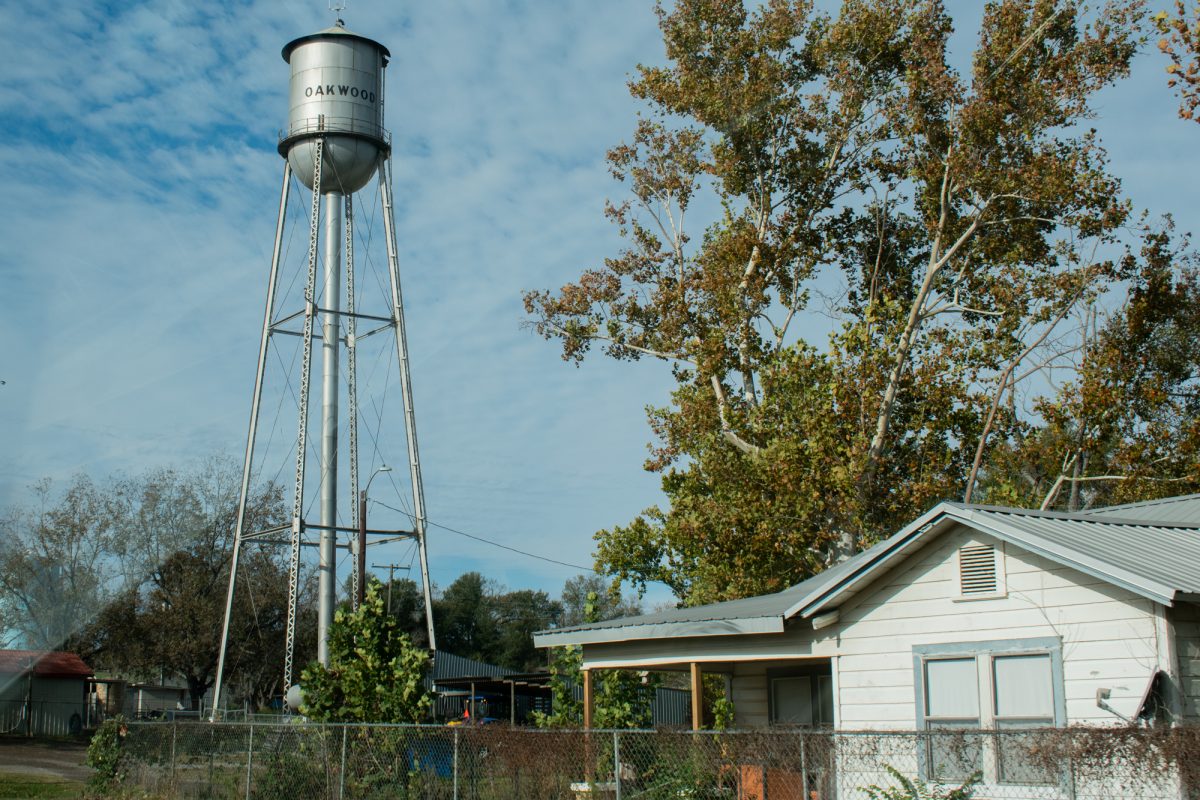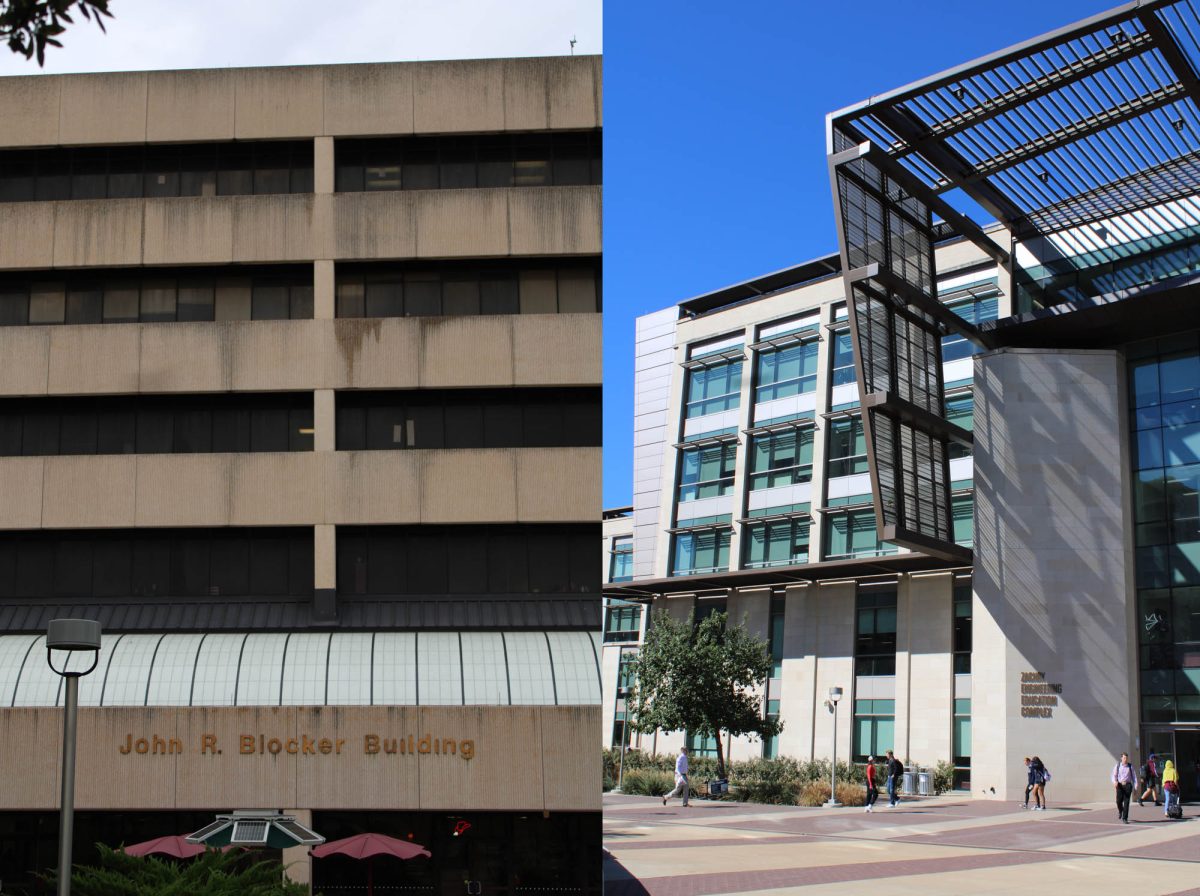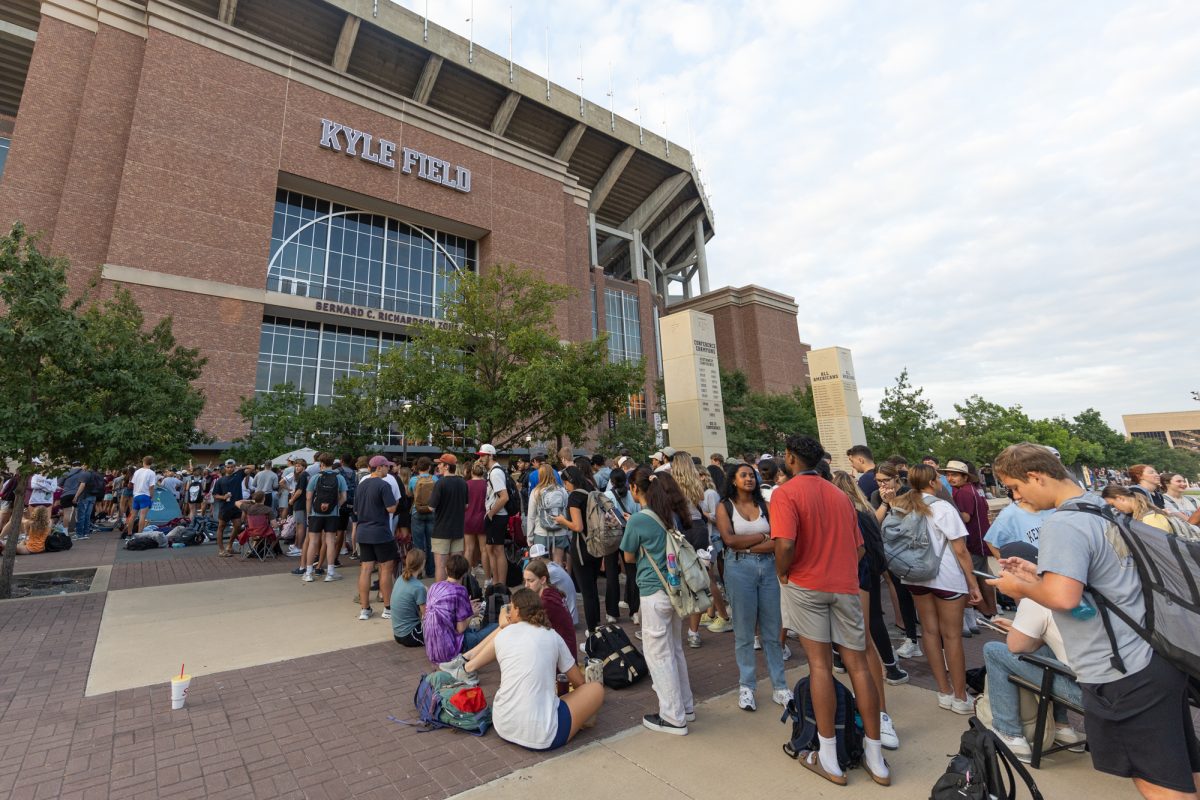As Elon Musk continues to move his operations to the Lone Star state, many of Texas’ officials and constituents have cited his arrival as a source of pride. Generally, the sentiment is that the entrepreneur’s move represents a huge economic win for the state. However, this excitement and pride has blinded us from taking a critical look at Musk’s innovations and vision. While many of Musk’s initiatives are admittedly technologically novel, stripping away his personal brand results in a vision of the future that leaves much to be desired.
Take the humorously named Boring Company’s high-speed tunnel proposal for instance, which will supposedly reduce traffic congestion. Following the release of a concept video in 2017, experts were quick to point out that these tunnels are unlikely to substantially reduce traffic. Transporting cars in this manner is incredibly space and energy inefficient when compared to traditional public transit systems that could transport larger quantities of people.
Instead of solving problems, the proposal seems to be an attempt to evade the perils of modern transportation borne out of the frustration of a morning commute. If the goal truly was to ease congestion, this aim would likely be best achieved by further investing in public transportation.
The appeal of this proposal is not in mitigating congestion, but in evading it entirely. The limited capacity of these tunnels is thus a feature, not a bug. Larger capacity solutions would mean not only eliminating congestion, but also a key selling point as well.
This theme of escape is perhaps most explicit in the flamboyant company SpaceX. Musk speaks frequently about what he views as impending threats to the planet, namely artificial intelligence and global warming, stating, “Climate change is the biggest threat that humanity faces this century, besides AI.” The CEO fervently insists that AI could be the start of “WWIII.” If life on earth really is as frail as Musk predicts, space seems like a logical refuge.
Musk bluntly displays this ideology in an interview with Lex Fridman by analyzing a quote by Carl Sagan. From Sagan’s book “Pale Blue Dot,” the quote refers to a famous photograph taken from space, showing the earth as nothing but a distant speck among many others.
“If you look at it, you see a dot,” Musk said. “That’s here. That’s home. That’s us.”
Where Sagan explored the fragility and uniqueness of the earth to argue it is worth preserving and cherishing, Musk rejects this sentiment. Quoting more of Sagan, Musk said, “There is nowhere else, at least in the near future, to which our species could migrate,” pausing dramatically before he said, “That is not true, there is Mars.” In contrast to Sagan, Musk emphasizes the small, frail nature of the Earth and cites it as a reason to flee.
Similarly to how Boring Company’s traffic tunnels derive their appeal from congestion, the economic incentive to relocate to another planet will inevitably be tied to our ability to mitigate ongoing predicaments on our planet.
Musk sees many problems with Earth, but instead of fixing them, he has positioned himself to profit off the planet’s failure.
Musk would likely refute this characterization, pointing out that Tesla purports to be aimed at reducing carbon dioxide emissions and combating climate change. However, it should be noted that Musk’s time as CEO of Tesla has coincided with a brand strategy of novelty and luxury. From autopilot mode to bullet-proof glass, the company markets its cars as technological feats and status symbols with a suitably large price tag to match.
While impressive, this marketing strategy comes at the cost of affordability, hindering adoption of electric vehicles and limiting the company’s effect on carbon dioxide emissions. Climate activism is simply another feature to appeal to the consumer, not the essential purpose. The pretentious manner in which Musk speaks about Tesla’s aims of combating emissions is disingenuous to say the least.
For all his intelligence, Musk seems to be overly occupied with the aesthetics of his initiatives. Whether it’s a highway or the Earth itself, Musk has a tendency to view current systems as irredeemable. They are not to be fixed, but to be escaped from in as dramatic and flashy means as possible — even when practical solutions do exist. The best answer is not always the most ambitious, and it sometimes means fixing and investing into existing systems.
However, Musk again seems to not be concerned with solving the emerging problems of the modern world, rather with ensuring that those with means will have the ability to avoid them. For a small fee of course.
While Texans continue to cite the state’s economic development as a source of pride, Musk shows us that innovation doesn’t always mean progress for all. Perhaps instead of rewarding figures like Musk with low taxation and little regulatory oversight, it is time that our state invested in a future in which we can all share.
Caleb Elizondo is an engineering freshman and an opinion writer for The Battalion.















